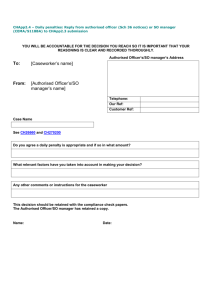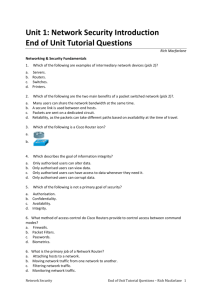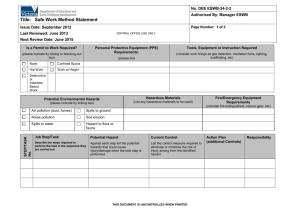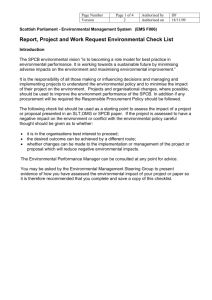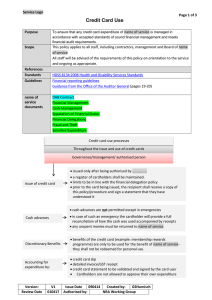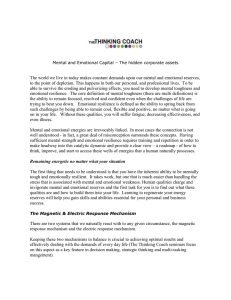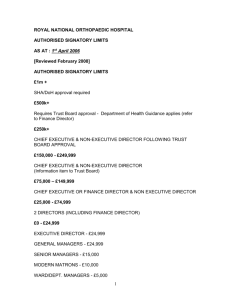goal-setting
advertisement
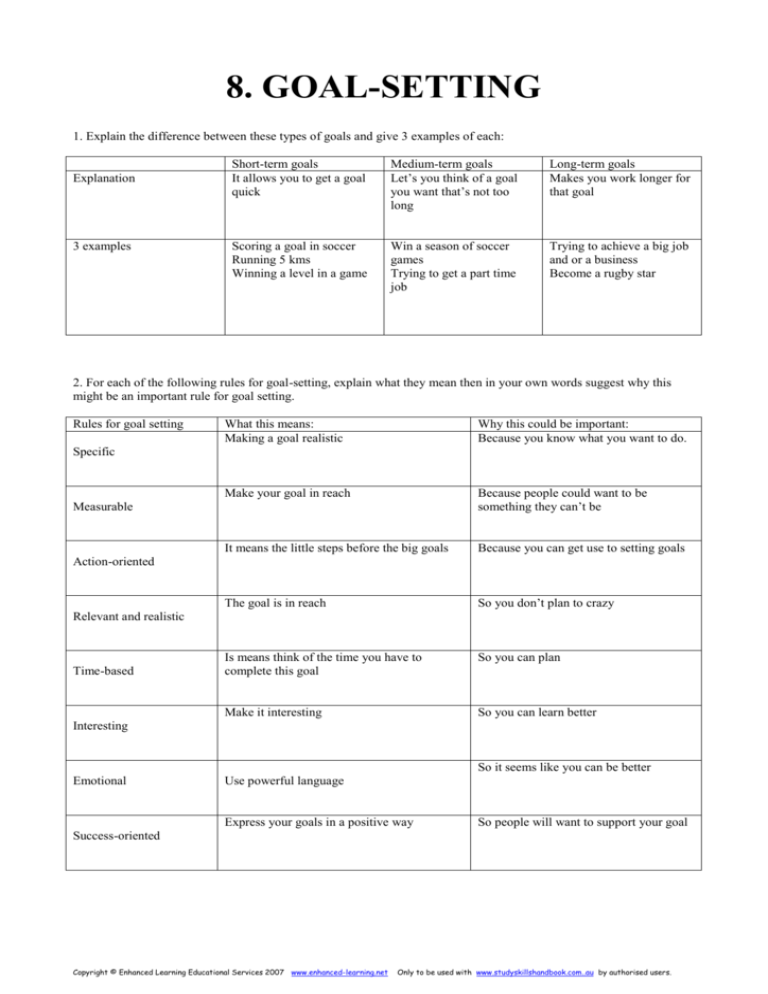
8. GOAL-SETTING 1. Explain the difference between these types of goals and give 3 examples of each: Explanation 3 examples Short-term goals It allows you to get a goal quick Medium-term goals Let’s you think of a goal you want that’s not too long Long-term goals Makes you work longer for that goal Scoring a goal in soccer Running 5 kms Winning a level in a game Win a season of soccer games Trying to get a part time job Trying to achieve a big job and or a business Become a rugby star 2. For each of the following rules for goal-setting, explain what they mean then in your own words suggest why this might be an important rule for goal setting. Rules for goal setting What this means: Making a goal realistic Why this could be important: Because you know what you want to do. Make your goal in reach Because people could want to be something they can’t be It means the little steps before the big goals Because you can get use to setting goals The goal is in reach So you don’t plan to crazy Is means think of the time you have to complete this goal So you can plan Make it interesting So you can learn better Specific Measurable Action-oriented Relevant and realistic Time-based Interesting So it seems like you can be better Emotional Use powerful language Express your goals in a positive way So people will want to support your goal Success-oriented Copyright © Enhanced Learning Educational Services 2007 www.enhanced-learning.net Only to be used with www.studyskillshandbook.com..au by authorised users. 3. What are the ‘3Ps’ of goal setting and why are they important? i)present ii)passionate iii) positive 4. Why is your mindset or attitude to goal setting important? So you can be better at what you want to do 5. What can you try to create a more positive attitude to your goals? Think what will come after and the MONEY! 6. What are the two things you need to do after you have written your goals? i)plan them ii)ask other what there opinion is on it. 7. How often should you review your goals? Every day. 8. When should you change your goals and when shouldn’t you change your goals? You should change your goal early in life in primary school or in high school but not when you are just about to get the job. 9. At the start of the unit there was a section on ‘why set goals’. Look at the list on this link and choose 4 from the page (you can choose from both the first and the second list) that you think are the 4 best reasons why you might set goals: i)so you know what to do ii)so you know what is to come in life iii)to know what to learn iv)to get ready for life 10. For each of the 7 reasons why we don’t reach our goals, explain what this reason is and then discuss whether this is something that could affect you in your pursuit of your goals. Explanation: You don’t know what to do yes Could this affect you? Don’t care about your goal. yes 1. No action plan 2. No true commitment to the Copyright © Enhanced Learning Educational Services 2007 www.enhanced-learning.net Only to be used with www.studyskillshandbook.com..au by authorised users. goals Don’t care yes If you have no reward you may not want to do it yes If you have too many goals you can get stressed yes Because if yiu do you will be shocked yes If you have a fear you may not want to complete it. yes 3. Negative attitude 4. No rewards 5. Too many goals 6. Not preparing yourself for success 7. Fear of failure 11. What are the 5 steps you could follow if you are still having difficulty with your goals: i)ask for help ii) iii) iv) v) 12. Explain in your own words what resilience is and why it is important in goal setting? 13. Give some examples of things you could do to build resilience. i) ii) iii) Copyright © Enhanced Learning Educational Services 2007 www.enhanced-learning.net Only to be used with www.studyskillshandbook.com..au by authorised users.
